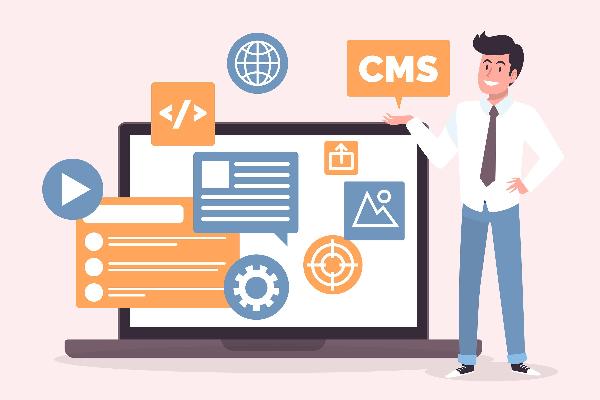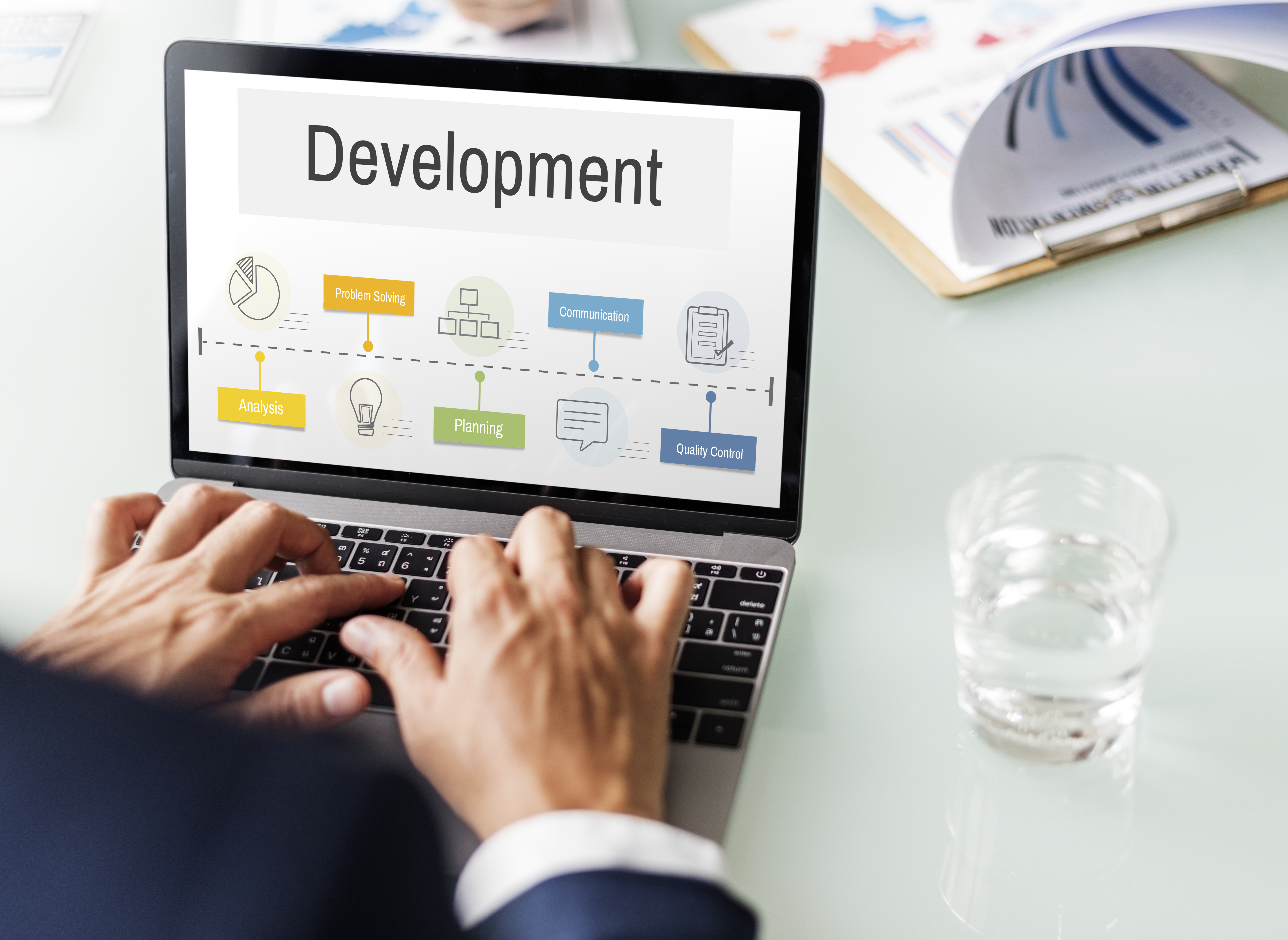The Role of Plugins in WordPress Vulnerability: Choosing the Right Ones

Strong 8k brings an ultra-HD IPTV experience to your living room and your pocket.
WordPress is one of the most popular website platforms in the world, powering over 40% of all websites on the internet. One reason for its popularity is the ability to extend its functionality through plugins. However, while plugins can enhance your site's features, they can also introduce vulnerabilities if not chosen carefully. In this blog, we’ll explore how plugins can affect WordPress security and provide tips on how to choose the right ones.
What Are Plugins?
Plugins are like apps for your WordPress site. They allow you to add new features and functionalities without needing to know how to code. Whether you want to add a contact form, improve your SEO, or enhance your site's security, there's likely a plugin for it. However, with thousands of plugins available in the WordPress repository and other sources, not all plugins are created equal.
How Do Plugins Introduce Vulnerabilities?
1. Poorly Coded Plugins: Some plugins are developed without proper security measures in place. If a plugin has coding errors or outdated libraries, it can create security holes that hackers can exploit.
2. Abandoned Plugins: Some developers stop maintaining their plugins, leaving them without updates or support. This can lead to vulnerabilities, especially when WordPress itself receives updates. An abandoned plugin may not work correctly with the latest version of WordPress, leading to security issues.
3. Plugin Conflicts: Sometimes, plugins don’t work well together. Conflicts can create vulnerabilities or malfunctioning features on your site, potentially exposing it to security risks.
4. Exploiting User Input: Many plugins require user input, such as forms or comments. If these inputs are not properly sanitized, they can be a gateway for hackers to inject malicious code into your site.
5. Overloaded Plugins: Using too many plugins can slow down your site and increase the chances of vulnerabilities. Each plugin adds its own code, and the more code you have, the more potential points of failure you introduce.
How to Choose the Right Plugins?
Given the potential risks, how can you ensure you're choosing safe and reliable plugins for your WordPress site? Here are some essential tips:
1. Research the Plugin: Before installing any plugin, take some time to research it. Check the reviews and ratings in the WordPress repository. A high rating with many positive reviews is usually a good sign.
2. Check Update History: Look for plugins that are regularly updated by their developers. Frequent updates indicate that the developers are committed to fixing bugs and addressing security issues. A plugin that hasn’t been updated in a while may be abandoned.
3. Examine Support Options: See if the plugin offers support and how responsive the developers are to queries. Good support can help you resolve issues quickly if they arise.
4. Limit the Number of Plugins: Only install the plugins you really need. Each additional plugin increases the complexity of your site and potential vulnerabilities. If you can achieve a feature with custom code or an all-in-one solution, consider that option instead.
5. Choose Trusted Sources: Stick to plugins from reputable developers or the official WordPress plugin repository. While some third-party sources may offer plugins, they might not undergo the same level of scrutiny and security checks.
6. Read the Documentation: Good plugins usually come with comprehensive documentation. This can help you understand how to use the plugin correctly and any potential security measures you need to take.
Regular Security Checks
Even after choosing the right plugins, it’s essential to stay vigilant. Regularly check your WordPress site for vulnerabilities using tools like a WordPress Vulnerability Scanner. Upkepr offers a reliable vulnerability scanner that can help you identify and address potential security risks on your site. By running regular scans, you can stay one step ahead of any potential threats.
Conclusion
Plugins are powerful tools that can enhance your WordPress site, but they also come with risks. By choosing the right plugins, researching their background, and performing regular security checks, you can significantly reduce the chances of vulnerabilities affecting your site. Always prioritize security and stay informed about the latest developments in the WordPress ecosystem to keep your website safe. Remember, your site's security is only as strong as its weakest link—so make sure your plugins are up to the task!
Note: IndiBlogHub features both user-submitted and editorial content. We do not verify third-party contributions. Read our Disclaimer and Privacy Policyfor details.







